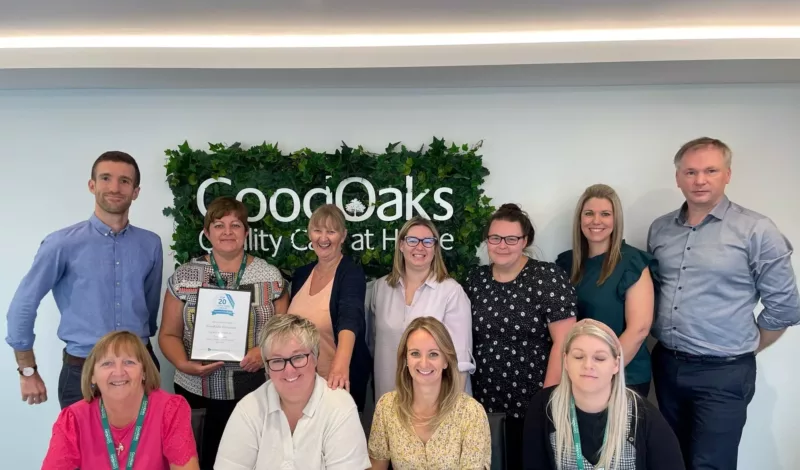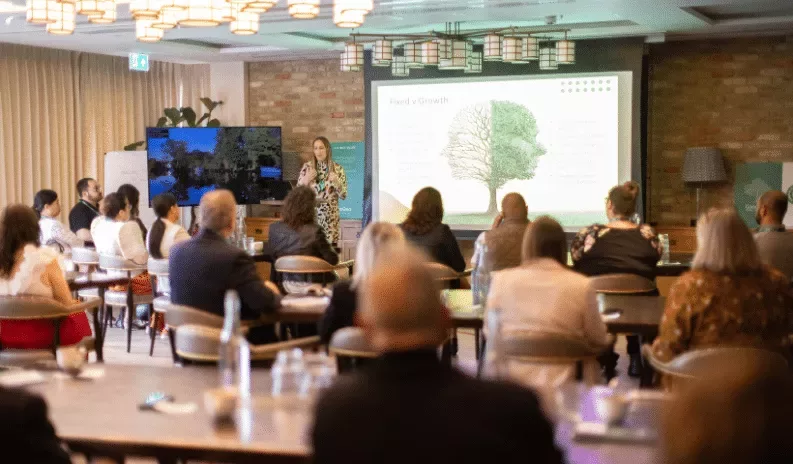
Think of the word ‘franchise’ and you probably think of food outlets like McDonald’s or Subway, but there are franchises in every industry in the UK.
From cleaning and dog grooming to coffee shops, gyms and care, there is a franchise out there for everyone. In this article we look at what a franchise is, what you need to know about the franchise business model and why franchising might be the best way into the career you have always wanted.
What is a franchise?
Put simply, a franchised business is one where you buy a licence from the franchisor to provide their product or service to a specific audience or territory. Instead of setting up a business on your own, with all the cost and admin associated with it, you are provided with all that in your franchisee package.
Every franchise opportunity is different and has different costs to buy in to and set up. This is something you will need to consider when looking at what franchise could work for you.
Other considerations are, what sort of franchise will you enjoy? If you like working with people, then a care or gym franchise might suit you well, but if you like to be outdoors then a DIY or dog walking business might be better for you.
You need to align your passions with the franchise, or you won’t enjoy it and get the most out of the opportunity. You also need to think about the future, will your franchise be resistant to economic shocks? Is it an essential service? Covid-19 has shown the impact of unexpected events on business.
The care sector is a very stable one, due to being an essential service and in the UK, we have an aging population. Care work is based on creating strong long-term relationships and changing people’s lives on a daily basis. You can read more about why 2021 is the perfect time to become a care franchisee here.

What is a sole trader?
A sole trader, also known as a sole proprietor, is an individual who owns and operates a business single-handedly. This business structure is the simplest and most common form of business ownership, especially among small businesses and startups. Being a sole trader means that the business is not legally separate from the owner, and the owner has complete control over all decisions and operations.
Sole traders can be found in a wide variety of industries and professions. Common examples include freelance writers, consultants, artists, tradespeople like plumbers and electricians, and small retail shop owners. These individuals often start as sole traders due to the simplicity and cost-effectiveness of this business structure.
While being a sole trader offers several advantages, such as full control and ease of setup, it also comes with certain disadvantages. The primary drawback is the unlimited liability, which poses a significant risk to the owner’s personal assets. Additionally, sole traders may find it challenging to raise capital and may have limited resources and expertise compared to larger businesses.
Is a franchise a sole trader?
As a franchise is a business model rather than a legal structure, it can be operated under any of the official legal structures, including as a sole trader. At GoodOaks, because we offer a management franchise as opposed to a ‘man and a van’ operation, all our Franchise Partners set up limited companies to trade.
If you own a franchise, the franchise agreement will explain how the franchise will be run and this may include suggestions for how to register the business.
In the UK there are different legal structures for registering a business, which include:
- Self-employed – This is for businesses where the business owner is the only employee and has no responsibilities for employees.
- A business partnership – This is where two people enter into business together and are jointly responsible for it.
- A limited company – This is a private company which limits the liability of the owners.
- Working for yourself – This means you are a sole trader. Sole Traders are solely responsible for the success or failure of the business and are classed as self employed for tax and National Insurance purposes.
HMRC states: “If you’re a sole trader, you run your own business as an individual and are self-employed. You can keep all your business’s profits after you’ve paid tax on them. You’re personally responsible for any losses your business makes. You must also follow certain rules on running and naming your business.” You can read more about this on the Gov.UK website here.
In respect to all these options, a new business must inform HMRC of its starting up and is liable to pay tax under UK law.
If you aren’t sure how your franchise fits into the business registration options, ask your franchisor. They should be happy to help you understand this fully.



